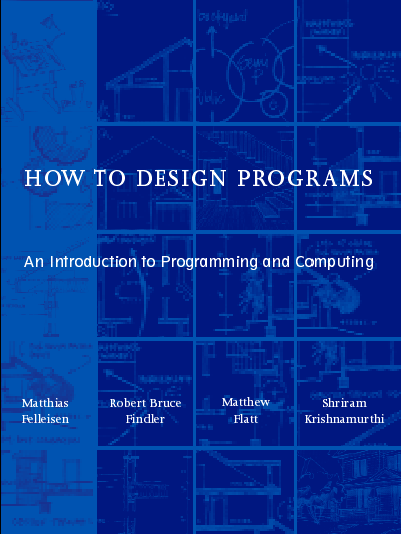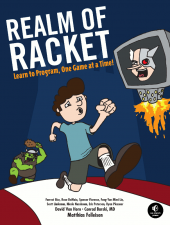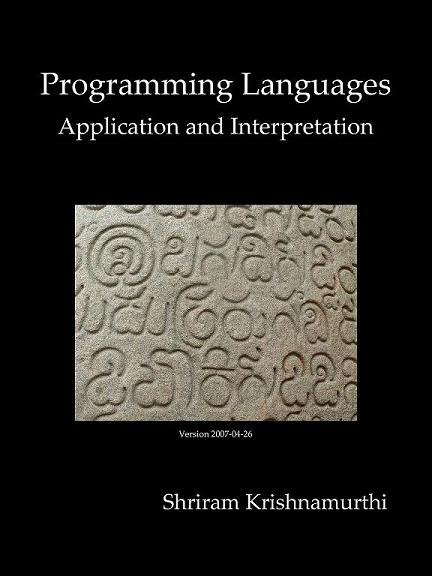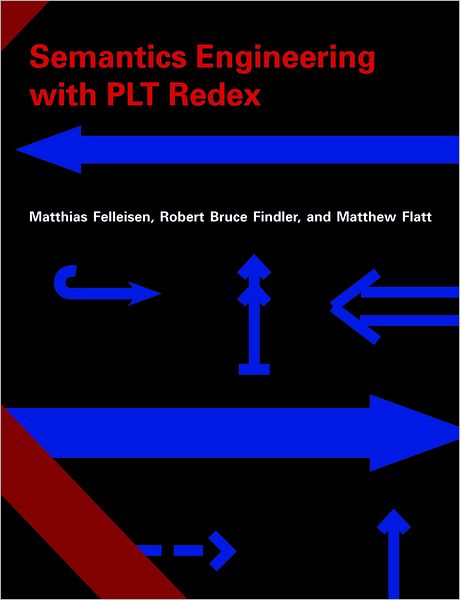explain




#lang racket
(for ([path (in-directory)])
(when (regexp-match? #rx"[.]rkt$" path)
(printf "source file: ~a\n" path)))
#lang web-server/insta
(define (start request)
(response/xexpr
'(html
(body "Hello World"))))
#lang racket
(define listener (tcp-listen 12345))
(let echo-server ()
(define-values (in out) (tcp-accept listener))
(thread (lambda () (copy-port in out)
(close-output-port out)))
(echo-server))
#lang racket
(let ([saw (make-hash)])
(for ([line (in-lines)])
(unless (hash-ref saw line #f)
(displayln line))
(hash-set! saw line #t)))
#lang racket
(require 2htdp/image)
(let sierpinski ([n 8])
(if (zero? n)
(triangle 2 'solid 'red)
(let ([t (sierpinski (- n 1))])
(freeze (above t (beside t t))))))
#lang racket/gui
(define f (new frame% [label "Guess"]))
(define n (random 5)) (send f show #t)
(define ((check i) btn evt)
(message-box "." (if (= i n) "Yes" "No")))
(for ([i (in-range 5)])
(make-object button% (format "~a" i) f (check i)))
#lang racket
(require net/url net/uri-codec)
(define (let-me-google-that-for-you str)
(let* ([g "http://www.google.com/search?q="]
[u (string-append g (uri-encode str))]
[rx #rx"(?<=<h3 class=\"r\">).*?(?=</h3>)"])
(regexp-match* rx (get-pure-port (string->url u)))))
#lang racket
(command-line
#:args (dice sides)
(for ([i (in-range (string->number dice))])
(displayln
(+ 1 (random (string->number sides))))))
#lang racket
(for ([i (in-range 25)])
(displayln
(integer->char
(+ i (char->integer #\α)))))
#lang htdp/bsl
(require 2htdp/image) (require 2htdp/universe)
(define (balloon b) (circle b "solid" "red"))
(define (blow-up b k) (+ b 5))
(define (deflate b) (max (- b 1) 1))
(big-bang 50 (on-key blow-up) (on-tick deflate)
(to-draw balloon 200 200))
#lang lazy
(define fibs
(list* 1 1 (map + fibs (cdr fibs))))
(print (list-ref fibs 1000))
#lang typed/racket
(define-type SrN (U String Number))
(: tog ((Listof SrN) -> String))
(define (tog l)
(apply string-append (filter string? l)))
(tog (list 5 "hello " 1/2 "world" (sqrt -1)))
#lang scribble/base
@title{Bottles --- @italic{Abridged}}
@(apply itemlist
(for/list ([n (in-range 100 0 -1)])
@item{@(format "~a" n) bottles.}))
#lang racket
(require plot)
(define ((deriv f) x)
(/ (- (f x) (f (- x 0.001))) 0.001))
(define (thrice f) (lambda (x) (f (f (f x)))))
(plot (list (function ((thrice deriv) sin) -5 5)
(function cos -5 5 #:color 'blue)))
#lang racket
(require net/sendmail)
(sleep (* (- (* 60 4) 15) 60))
(send-mail-message
(getenv "EMAIL") "Parking meter alert!"
(list (getenv "EMAIL")) null null
'("Time to go out and move your car."))
#lang racket
(require ffi/unsafe)
(define mci-send-string
(get-ffi-obj "mciSendStringA" "Winmm"
(_fun _string [_pointer = #f] [_int = 0]
[_pointer = #f] -> [ret : _int])))
(mci-send-string "play sound.wav wait")
#lang datalog
ancestor(A, B) :- parent(A, B).
ancestor(A, B) :-
parent(A, C), D = C, ancestor(D, B).
parent(john, douglas).
parent(bob, john).
ancestor(A, B)?






